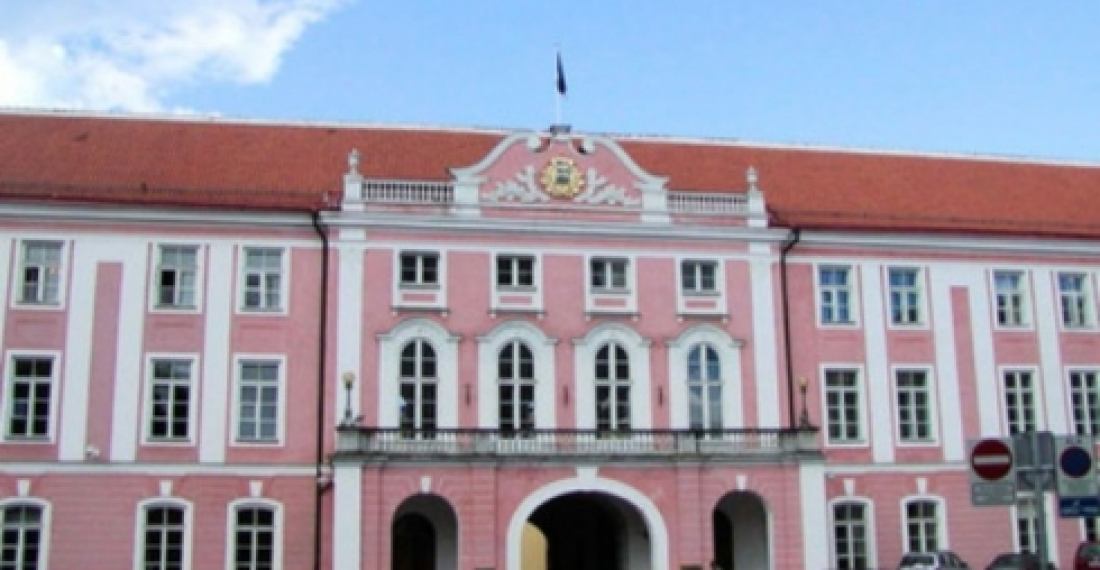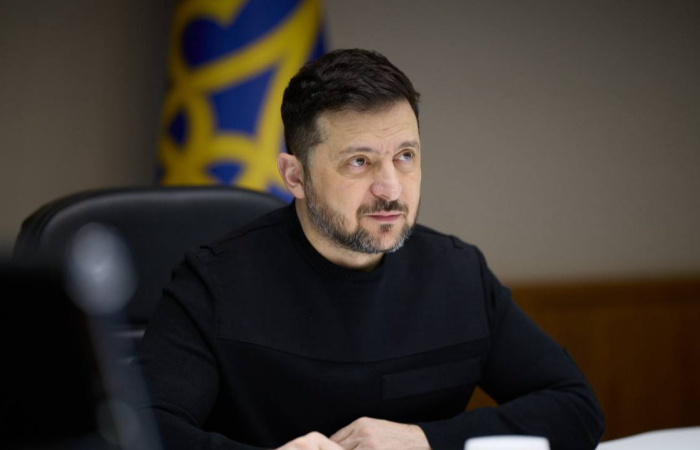The Committee on the Honouring of Obligations and Commitments by Member States of the Council of Europe (Monitoring Committee)of the Parliamentary Assembly of the Council of Europe (PACE) will be holding a hearing on the unresolved conflicts in the South Caucasus today Friday. The meeting will be held in the Estonian Parliament and will be chaired by Estonian MP Andres Herkel.
A special session will be dedicated to the Nagorno-Karabakh conflict. Speakers in the session are Sabine FREIZER, European Program Director, International Crisis Group, Dennis SAMMUT, Executive Director of LINKS, Axel E. FISCHER (Germany, EPP/CD) and John PRESCOTT (United Kingdom, SOC), co-rapporteurs on Armenia, Pedro AGRAMUNT (Spain, EPP/CD) and Joseph DEBONO GRECH (Malta, SOC), co-rapporteurs on Azerbaijan.
source: commonspace.eu
photo: Ther Estonian Parliament Building in Tallinn (archive picture).







